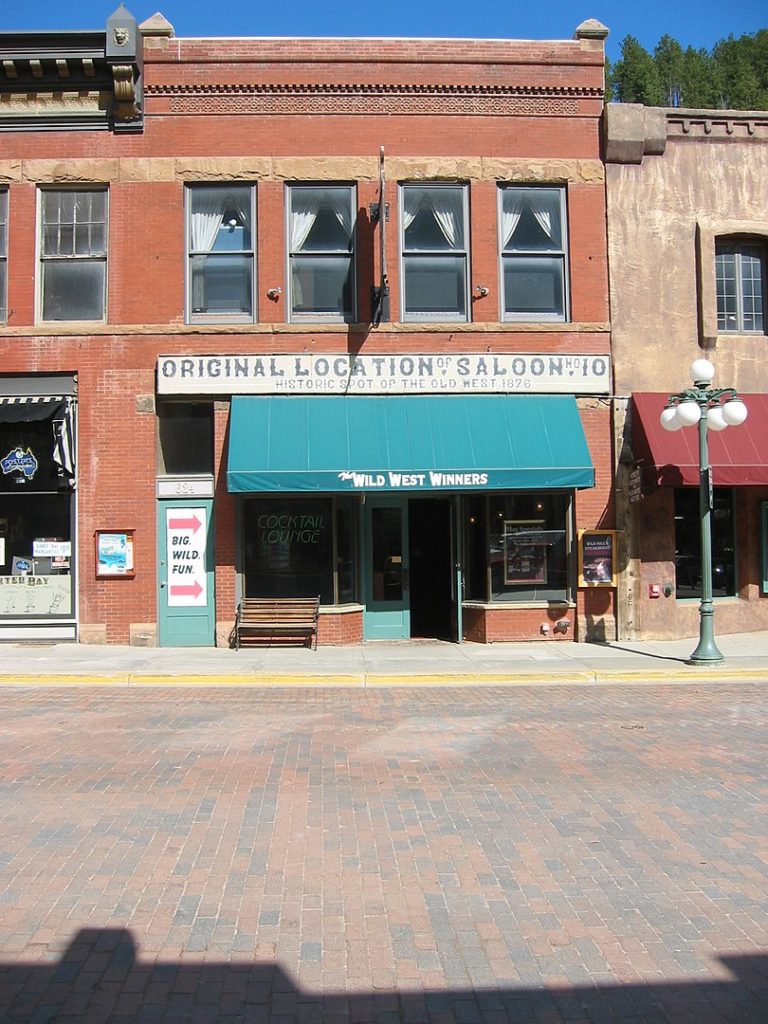Pandemic, Protest, and Profit
July 4, 2020
So, here we are, at it again. For me the chaotic progression of these last months is a reminder of my introduction to America, fifty years ago, as a graduate student in North Carolina: National Guard troops, riot gear, rubber bullets, stun guns, tear gas and armored vehicles. Do we ever learn?
Yes, I know, this time there are differences. A fast moving worldwide viral pandemic, for one. But that does not excuse America’s inept, chaotic, public-health response, enabled by the dysfunctional denial of reality by a myopic and self-absorbed President — nor the resulting disproportionate number of deaths among poor, elderly, Black and Latino citizens. And then, amidst efforts to orchestrate a shut-down designed against the virus, came the capricious and brutal police killing of George Floyd: an incendiary grenade that ignited protest and stirred common outrage, across the Nation and the world.
As the spread of the virus accelerated, international markets were shuttered. In America over 20 million people were abruptly jobless. Unemployment, which had been running around 3.5% at the beginning of March, soared to over 14% in April. Stock markets plunged. Such shifts were reminiscent of the Great Depression, almost a century before. “Those jobs will be back,” claimed Trump on Fox News, “they’ll be back very soon.” Sadly, not so. With employer-supported health insurance faltering and rents not paid millions of Americans began turning to food banks, many for the first time. In contrast, the American illusion — now sadly soiled — remained on offer. With short sales garnering billions, stock markets shrugged, rallied, and then began to climb. By early June the Dow Jones Industrial Average had clawed back some 80% of its losses. With unemployment rates hovering around 20%, even with federally funded support, such illusional statistics offered little comfort for the many African-American, Hispanic and poor white families already living hand to mouth.
Across the board Americans were unhappy, and significantly so. In polls, conducted in the early summer by the University of Chicago, 80% of participants felt that there was something seriously wrong with America. Such concern, at its roots, was reflected in the predominantly peaceful, anti-racist, protests that daily gripped the national attention. In parallel, America’s response to the viral pandemic continued to stumble. Across Europe, since the spring surge, the number of coronavirus deaths had been dropping whereas in the US, as emboldened business leaders struggled to reopen, deaths were rising again with over 150,000 slain. But unquestionably, of even greater concern than this failed response to an international humanitarian crisis, was that America and its reputation for justice and scientific leadership was rapidly entering a steep decline. On the world stage, the nation’s moral compass was being called into question. To echo the words of the late George Carlin, comedian and satirist, “We Americans have embraced a culture where steep profits and shallow relationships have multiplied our possessions but reduced our social values.” Markets no longer serve the common good; rather we are enslaved to their perpetual growth.
From the beginning — from America’s founding — markets have been worshiped in this Nation as an ideology rather than for what they really are, as natural products of human social evolution and as valuable tools with which to construct an equitable, thriving, society. As I explored in my book American Mania, and more recently in its companion volume The Well-Tuned Brain, America’s traditional immigrant values of resourcefulness, thrift, prudence and an abiding concern for family and community have been hijacked in recent decades by an all-consuming political self-interest where profit in the marketplace is no longer considered the means to an end, but as an end in itself. To fulfill the Nation’s Enlightenment promise, much work remains.
The video of my conversation with David Milch is above…..
While taped in the summer of 2015, it is even more timely today .
History informs us that self-indulgent strivings, blindly pursued, do not end well. Shortly after The Well-Tuned Brain was published I had the privilege of discussing my musings with David Milch, the Emmy Award winning writer and producer of television dramas, including Deadwood. This series, set among the Black Hills of South Dakota during the gold rush of the 1870s charts the growth of an illegal frontier settlement from primitive mining camp to incorporated town. Deadwood, in its history, is notable for the many wild characters – among them Calamity Jane, Wild Bill Hickok, and Seth Bullock – who were lured to the Black-Hills in hunger for riches, only to find death. David Milch, harnessing his extraordinary talents as a story-teller, weaves Deadwood’s colorful history into a powerful allegorical tale of how unfettered self-interest, exploitation, and raw violence must ultimately yield to the recognition that only through mutual understanding, built on rational discourse, can the bedrock of a prosperous and viable social order be secured. It is a timeless story, one that remains powerfully relevant, even today, in America’s ongoing struggle for unity, equity, and cultural balance.
This piece was originally posted on the author’s blog Musings on July 4, 2020.
Teaser photo credit: By CyArk – CyArk, CC BY-SA 3.0, https://commons.wikimedia.org/w/index.php?curid=3339699

